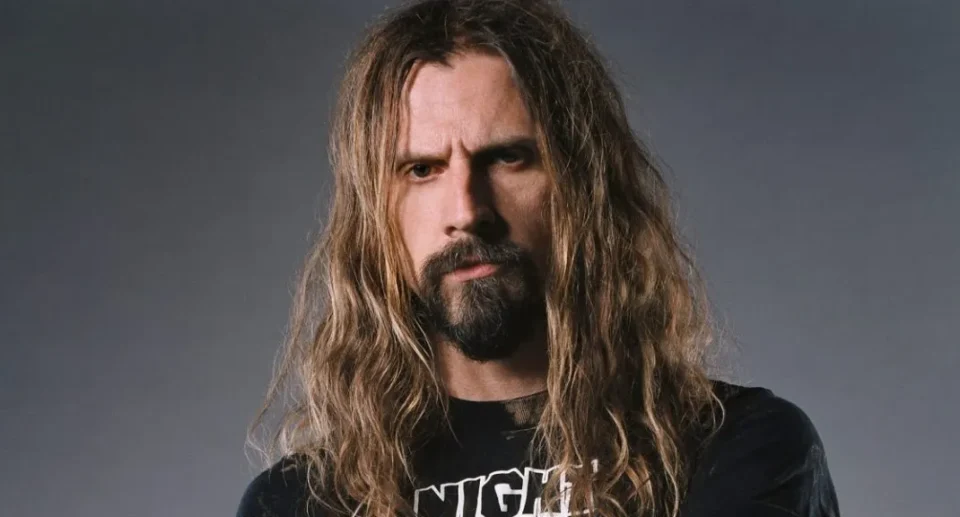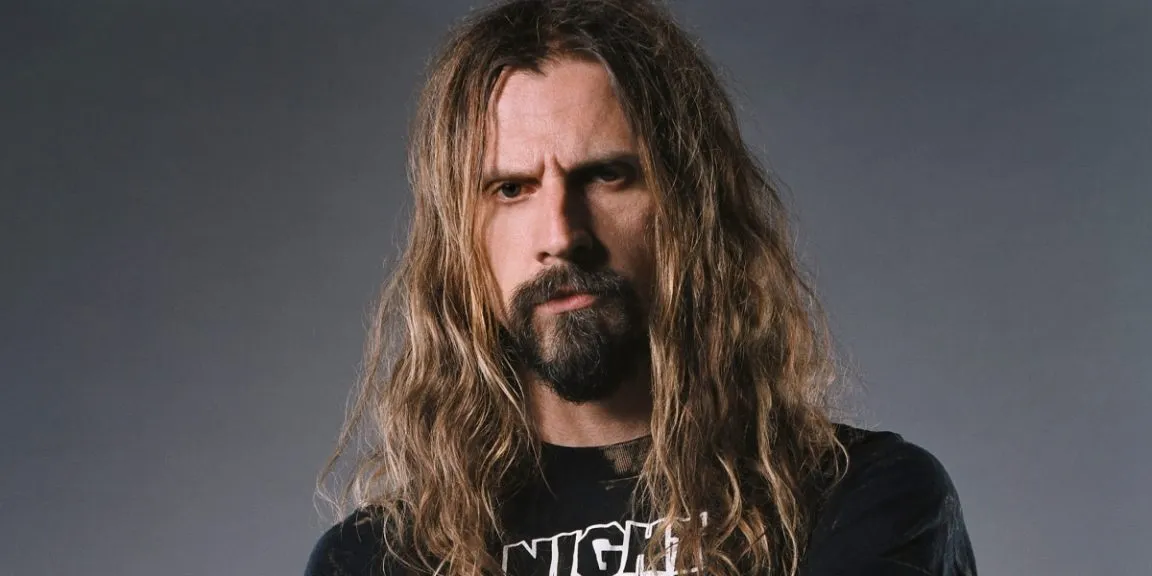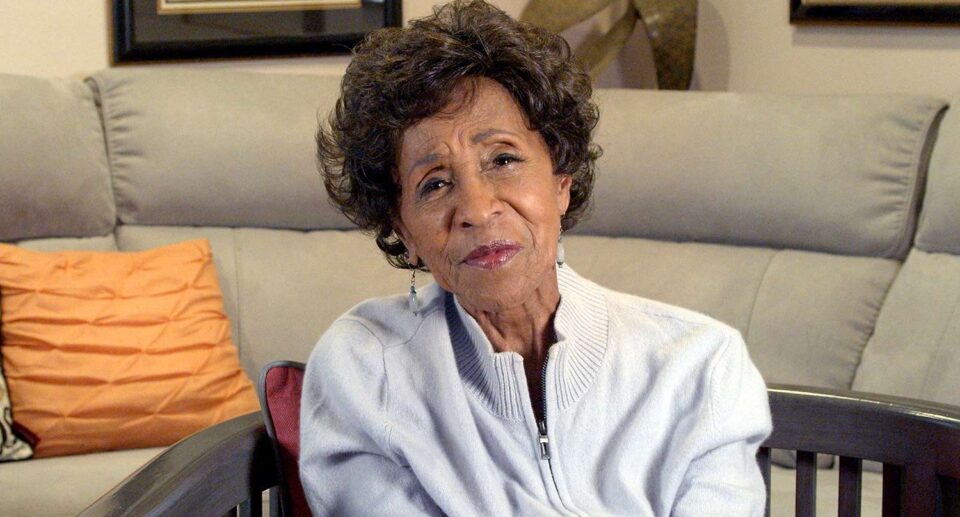Rob Zombie Net Worth in 2025: Career Earnings, Assets & More

Rob Zombie—born Robert Bartleh Cummings on January 12, 1965—is a multi-talented rock musician, filmmaker, and multimedia artist whose career spans four decades. Best known as the frontman of the seminal heavy-metal band White Zombie, and later for his successful solo music career and cult horror films, Rob has built an impressive financial and creative empire. In 2025, his net worth is estimated between $100 million and $140 million, driven by an eclectic mix of music sales, live performances, film directing, merchandise, real estate investments, and savvy brand collaborations.
Why Is Music the Foundation of His Wealth?
Rob’s music career started in the mid‑’80s with White Zombie, which achieved multi‑platinum success during the ’90s. The band’s hits such as Thunder Kiss ’65 and More Human than Human solidified his reputation and generated significant record sales and touring income. When White Zombie disbanded in 1998, Rob embarked on a solo career that further boosted his earnings—selling over 10 million albums to date and packing arenas worldwide.
In 2025, touring remains a primary income source. The current “Spookshow International” tour, combined with festival appearances and international concerts, is projected to gross $20–25 million, with Rob’s cut estimated at $5–7 million once expenses and splits are factored in. Annual income from recorded music—including album and streaming royalties, licensing for film, TV, video games, and physical sales—adds another $3–5 million yearly, making music the bedrock of his wealth.
How Do Horror Films Add to His Fortune?
Rob Zombie stands out in Hollywood as a director with a rock-star edge. Beginning with his remake of House of 1000 Corpses (2003) and continuing through the Halloween franchise (2007, 2009), Rob has established himself in horror cinema. His directorial fees average between $3–5 million per film, and films like The Devil’s Rejects and his Halloween reboots grossed $50–100 million worldwide, further amplifying his brand.
Beyond directing, Rob earns from DVD and Blu-ray sales, digital streaming rights, and merchandise tied to his films. Royalties and backend points likely yield another $1–2 million annually, with merchandise, soundtrack integration, and licensing for promotional tie-ins pushing his film-related earnings to $4–7 million per year.
What Role Does Merchandising & Branding Play?
Merchandising is a major income driver for Rob. From band tees and horror-themed collectibles to limited-edition posters and Halloween attire, his official store and concert booths generate $4–6 million annually. Key contributors include exclusive vinyl releases and film-marketed merchandise.
Rob has also collaborated with niche brands—horror magazine Fangoria, collectible toy makers, and rock-clothing labels—on signature products. Licensing deals for guitars, action figures, and apparel likely bring in $1–2 million more each year, making branded merchandise a robust pillar of his net worth.
Why Are Touring & Live Shows Still Profitable?
Live shows remain the highest-margin channel in Rob’s business model. While music sales and streaming bring in revenue, touring offers the biggest returns—especially with VIP packages, meet & greets, and premium tickets. A single sold-out show can gross $200,000–300,000, and a 30- to 40-city tour can significantly multiply that.
Sale of tickets at top-tier festivals, such as Welcome to Rockville and Hellfest, also contributes strongly. Overall, touring and live performances add $6–8 million annually beyond recorded music income, cementing live events as a key wealth engine.
How Do Film Scores & Soundtrack Work Compound Income?
Rob Zombie often composes and performs original music for his films, creating a strong synergy between his musical and cinematic brands. By combining income from scoring rights, soundtrack sales, and performance royalties, he adds another $500,000–1 million to his yearly earnings.
Standalone soundtrack albums and deluxe soundtrack releases widen income streams, especially when released alongside limited edition vinyl and digital-only collector’s packages.
What Investments & Assets Fortify His Wealth?
Rob’s investments reflect long-term wealth planning. Properties reportedly include multiple luxury estates: a Nashville mansion, a Hollywood Hills home, and Florida retreat properties. Combined value is estimated at $15–20 million.
Other investments likely include:
- Art collections with horror and rock memorabilia
- Equity stakes in music-tech platforms and independent studios
- Resale guitars and vintage gear as collectible assets
- Diverse Financial Portfolios: stocks, bonds, and ETFs (estimated $5–10 million)
These holdings support both tax planning and asset growth, adding stable returns to his more cyclical entertainment income.
How Do Brand Collaborations & Sponsorships Boost His Portfolio?
Rob has engaged in smart partnerships—horror-themed alcohol lines, stylized guitars and amps, and niche clothing collaborations—bringing in $1–2 million annually. Sponsorships at festivals and immersive experiences aligned with his aesthetic have been well-received, often offering both income and cross-promotion benefits.
With his iconic status in rock and horror culture, these partnerships enhance both brand reach and earnings in a sustainable way.
How Much Does Licensing Bring In?
Rob’s image and likeness, music catalog, and film clips are all licensed across media—from Netflix trailers to official video games and apparel. Annual licensing revenue is estimated at $500,000–1 million. These passive earnings help make his portfolio more resilient, diversifying income beyond any single industry.
What Is His Total Annual Income and Net Worth in 2025?
Here’s a rough breakdown:
| Income Source | Annual Income |
| Music touring | $5–7 million |
| Music royalties and licensing | $3–5 million |
| Film directing & film revenue | $4–7 million |
| Merchandising & branding | $5–8 million |
| Live show revenue | $6–8 million |
| Film score and soundtrack income | $0.5–1 million |
| Brand collaborations | $1–2 million |
| Licensing royalties | $0.5–1 million |
| Investment returns | $0.5–1 million |
| Total Estimated Income | $26–40 million |
Taking multi-year savings, property equity, business reinvestment, and retained earnings into account values his net worth between $100 million and $140 million.
What Stories Define His Wealth Journey?
- White Zombie’s Breakthrough: The success of Astro-Creep: 2000 set the financial stage, earning multi-platinum status and generating world tours.
- Breakout Solo Career: Solo MTV spots and festival appearances amplified sustained income.
- Horror Cinema Impact: Rob’s unapologetically violent, stylized films created cult followings, fueling consistent DVD and streaming sales.
- Festival Powerhouse: Curated horror-themed event lineups like “Rob Zombie’s Great American Nightmare” further diversified income and public reach.
What Risks Could Dim His Wealth?
Rob’s portfolio is substantial, but some factors could impact future earnings:
- Touring Fatigue or Market Downturn: Festival and concert industries can fluctuate with broader economic or public health trends.
- Hollywood Volatility: Horror is a profitable genre, but not guaranteed—box-office flops could reduce demand.
- Physical Asset Costs: High maintenance on expensive properties could reduce disposable income, though risks are manageable given revenue scale.
Still, Rob’s diversified income streams—across music, film, assets, and licensing—create a solid financial cushion.
What’s Next for Rob in 2025 and Beyond?
Rob has teased several forward-looking initiatives:
- Fourth Solo Album & World Tour targeting next-gen metal audiences
- New Horror Trilogy, potentially extending his Halloween universe
- Immersive Experience Expansion: Horror-themed theme park takeovers and VR/AR horror exhibitions
- Franchise Revival: Selective reboots or collaborations within genre streaming economies
These ventures could push his risk-adjusted earnings even higher in the mid-term future.
Conclusion
Rob Zombie’s journey from punk rocker to horror auteur and heavy-metal icon is a masterclass in brand evolution. His 2025 net worth of $100–140 million reflects decades of creative consistency, dynamic revenue streams, and smart asset choices.
He remains an inspiration to artists looking to transcend boundaries—building lasting financial structures while staying true to their artistic vision. Will his next horror epic or living-set tour cement his legacy even further? We wouldn’t bet against it.








